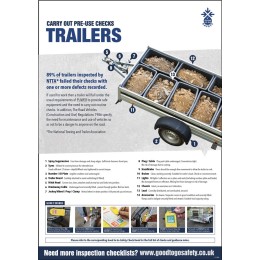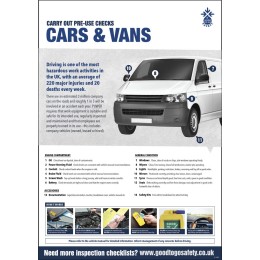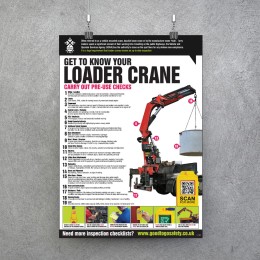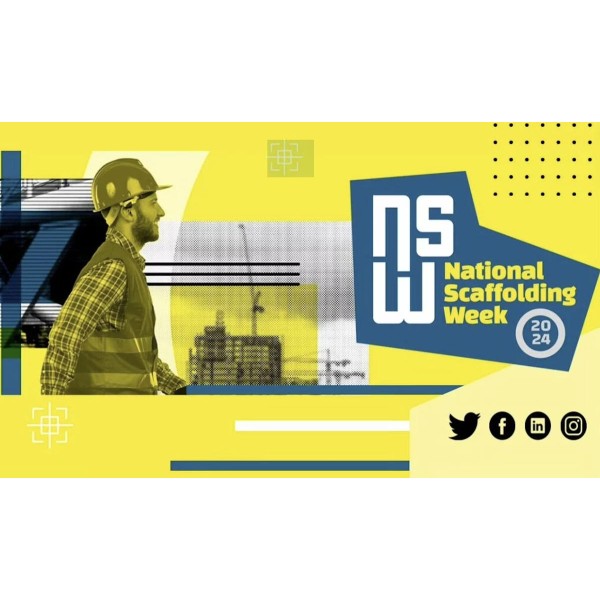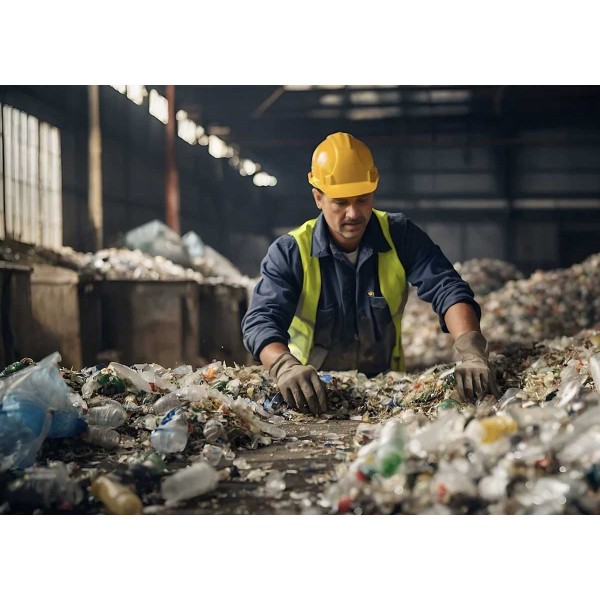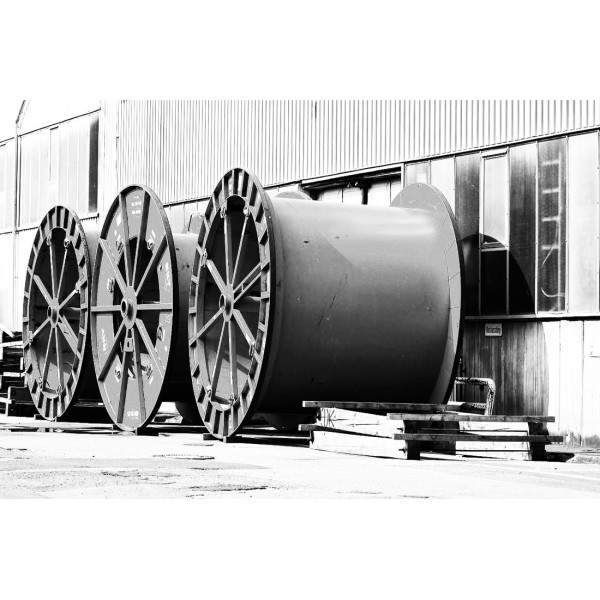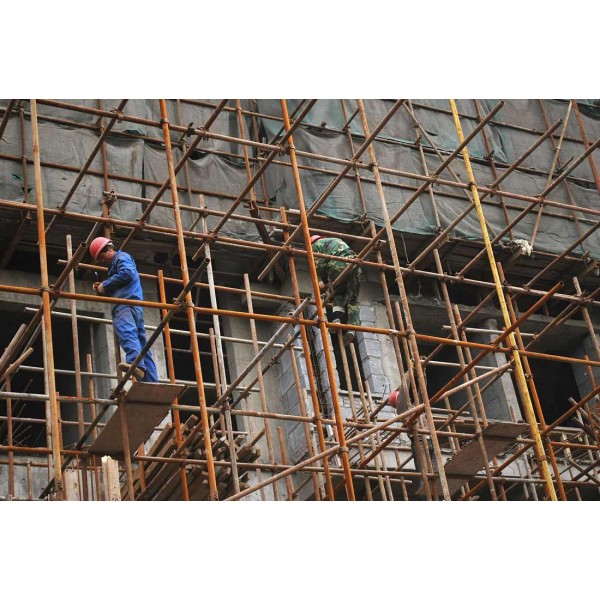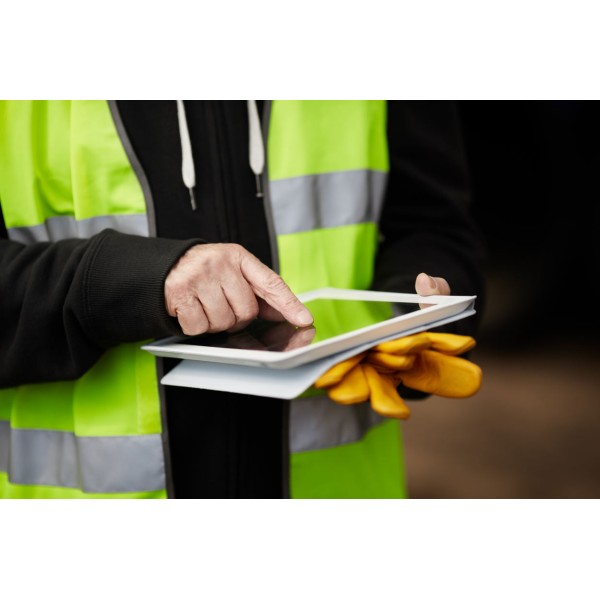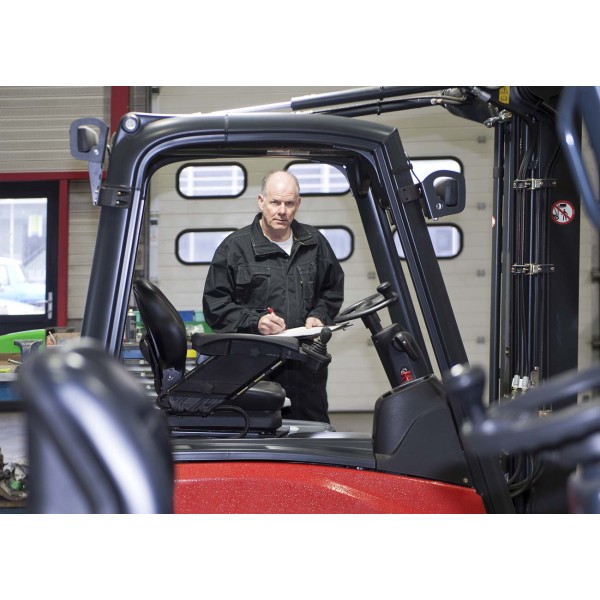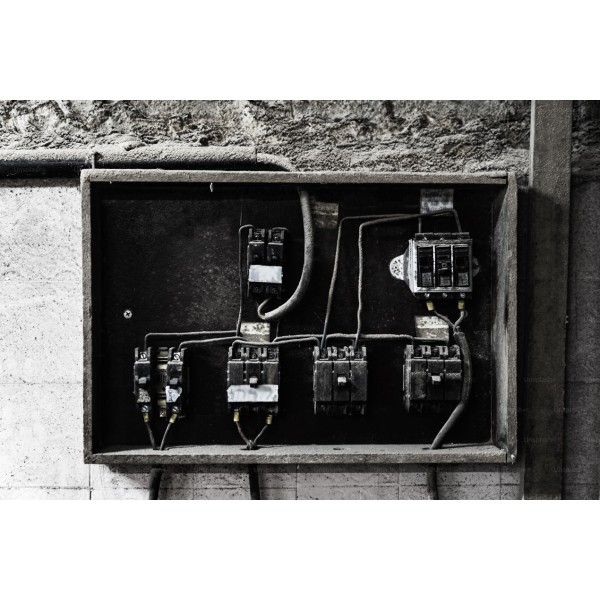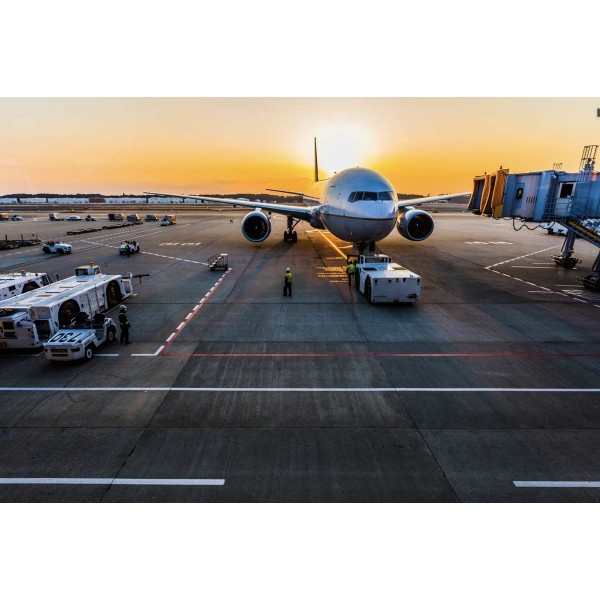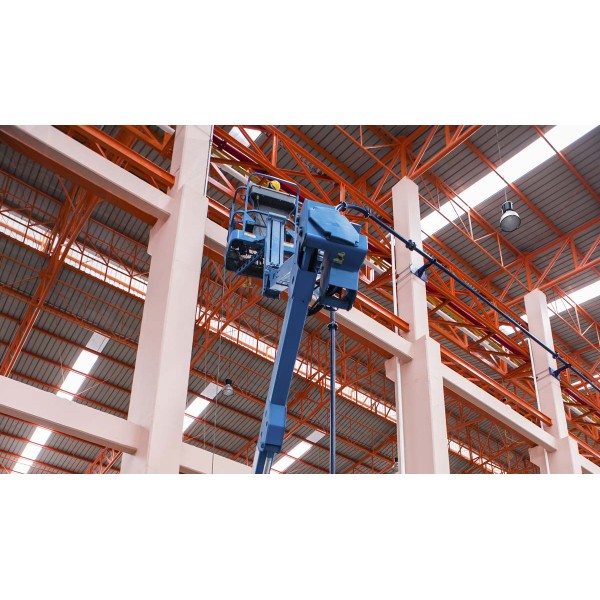Transport Network Inspections - Workplace Inspection Checklists
Accidents of all severities occur every day on UK roads with sadly 1,390 reported deaths in 2021.
Crashes are a common problem on UK roads (There were 119,850 casualties of all severities) and in many cases avoidable. It is vital that vehicles such as Cars, Vans, Tractors, Trailers are checked prior to use for any faulty components that might cause an incident to occur. Knowing that a vehicle is faulty or unsafe to drive is counts as "Dangerous driving". Dangerous driving puts other road users at risk which can come with a maximum penalty of: 14 years’ imprisonment, an Unlimited fine and disqualification (a minimum of 2 years). Examples of knowing that a vehicle is faulty are things like: driving whilst the car has no screen wash / smeared windows, faulty lights, worn tyres etc.
If an employee drives a defective vehicle whilst on company business the employer could face criminal or civil action, no matter whether the employee is driving his own car, a company car or a hire car. It is generally irrelevant who owns the vehicle.
Preventative maintenance and management of vehicles can bring the following benefits:
• a reduction in injuries and the resulting financial and personal costs;
• better construction practice to help develop a sustainable business
• longer life for equipment and machinery;
• reduced repair costs resulting from unnoticed equipment faults;
• less chance of enforcement action and its costs, eg the cost of dealing with an incident and/or fines;
• reduced risk of damage to the reputation of the business;
• improved productivity, good morale and a happier, healthier workforce;
Whenever an employee is required to drive a vehicle (such as Cars, Vans, Tractors, Trailers), safety inspections must be carried out. Records of these checks must be maintained for verification. Responsible employers are aware of their duty of care to employees and those that may be affected, and will manage their equipement effectively, implementing appropriate preventative maintenance inspections in order to reduce costs and accidents.
Tractor Poster - Visual Inspection Checklist
Our tractor safety poster has been designed to highlight key components of tractors and reinforce the importance of completing tractors inspections. T..
£21.77
Trailer Poster - Visual Inspection Checklist
Our trailer safety poster has been designed to highlight key components of a trailer and reinforces the importance of completing vehicle trailer inspe..
£21.77
Fleet Vehicle (Car / Van) Poster - Visual Inspection Checklist
Our car / van safety poster has been designed to highlight key components of a standard car or van and reinforces the importance of completing vehicle..
£21.77
Loader Crane Poster - Visual Inspection Checklist
Our loader crane safety poster has been designed to highlight key components of a loader crane and reinforces the importance of completing inspections..
£21.77
Inspection Wallet and Pen
A handy wallet that not only provides additional protection from the elements but also gives inspectors a solid writing surface to complete inspection..
£6.20
Weather Resistant Inspection Holder
These industrial strength pockets have a press seal fastening to keep important documents clean and dry. An ideal solution for storing check books, in..
£6.31


